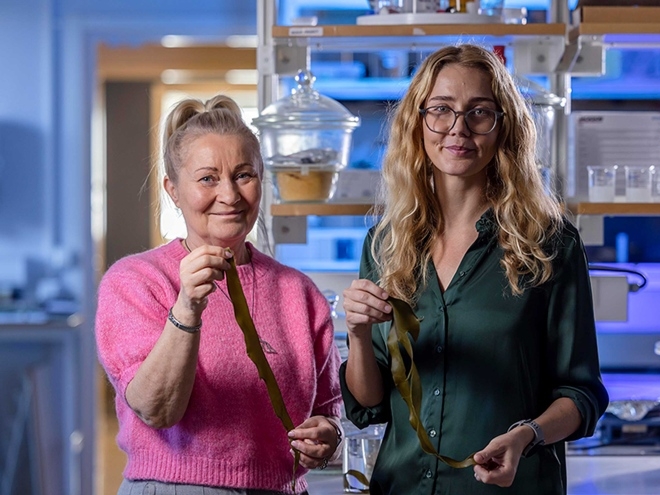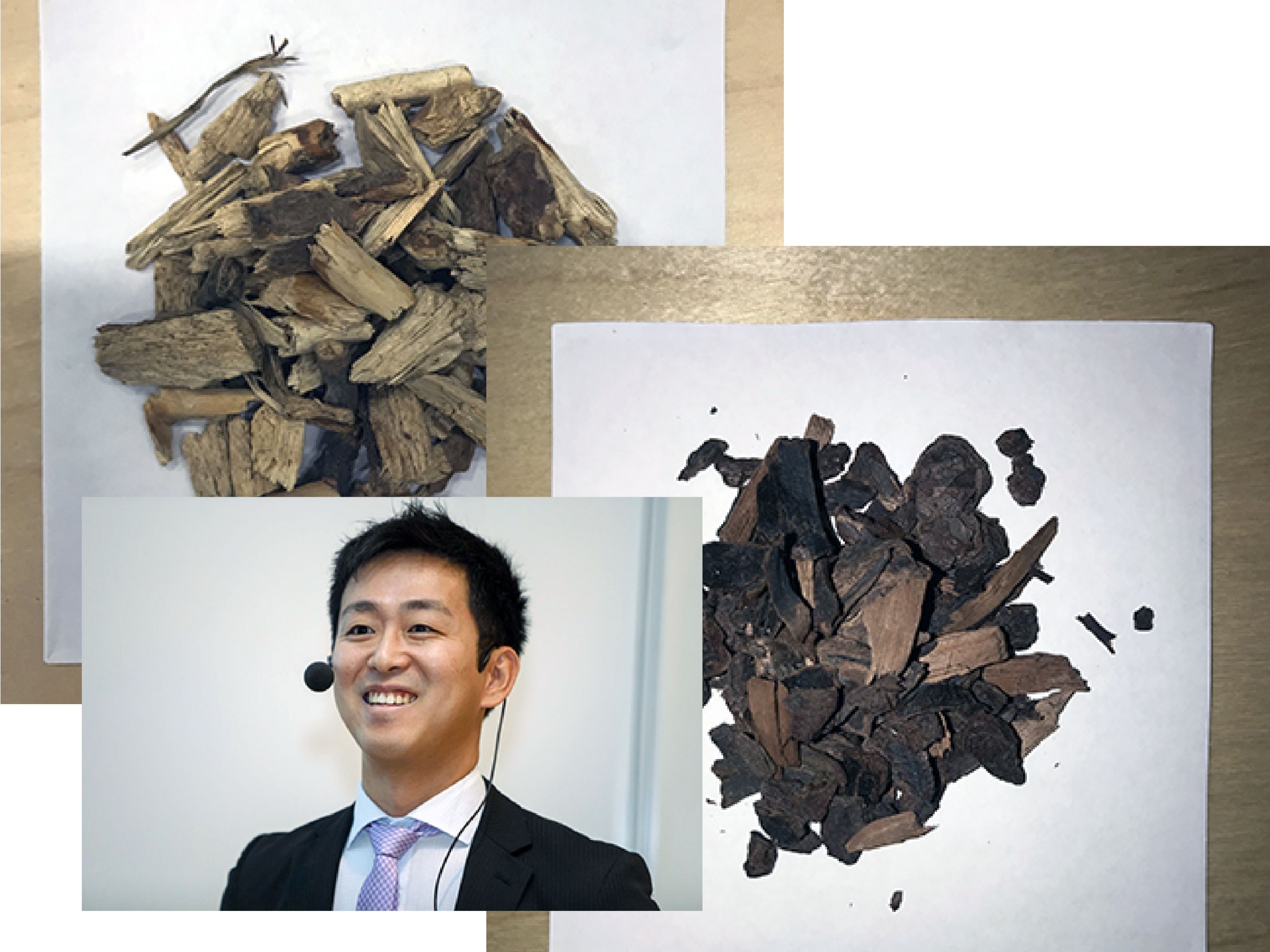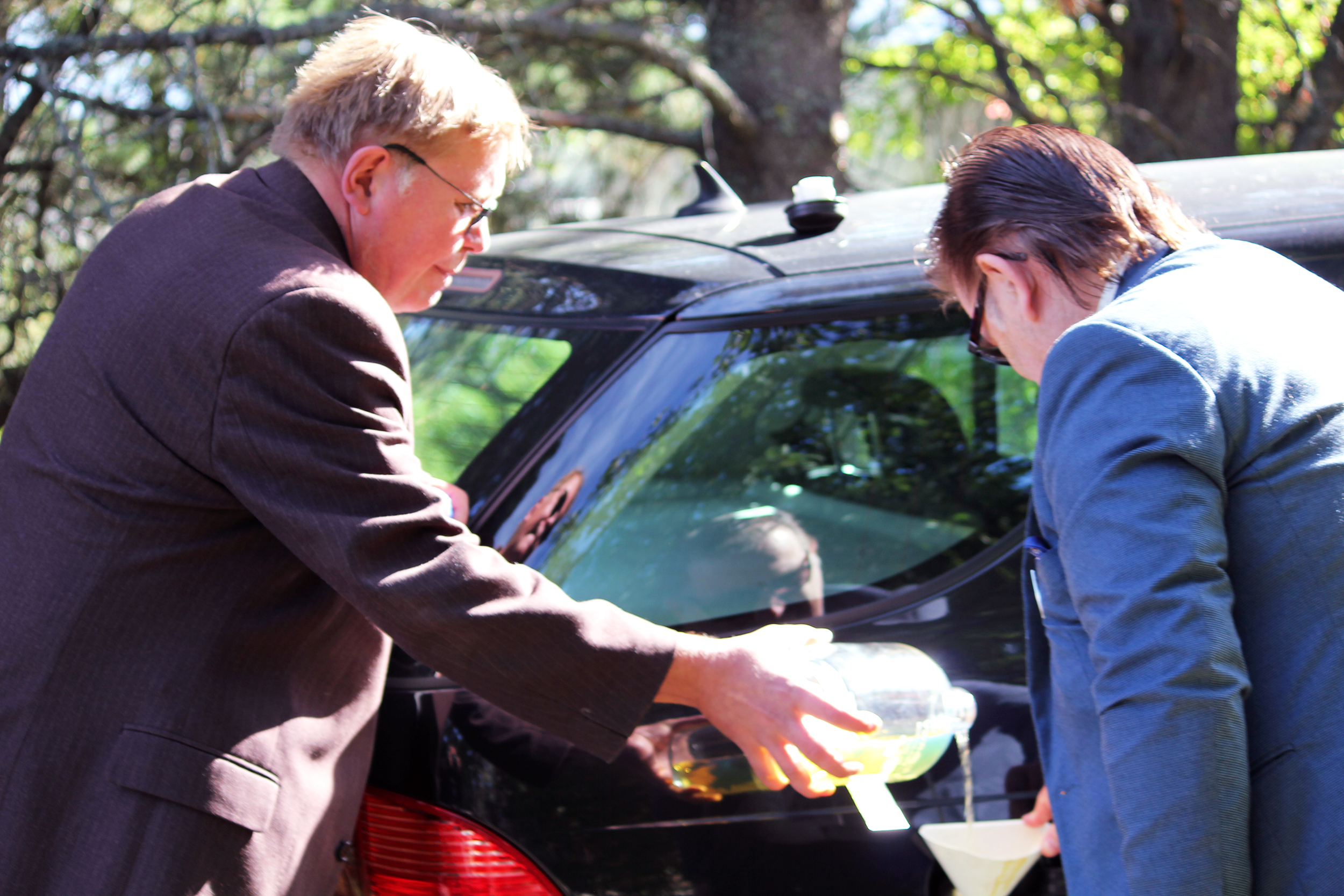Breakthrough Innovation: Hydrogels from Norwegian Kelp to Be Commercialised
Bio4Energy researchers are behind a breakthrough innovation that can be used to make bio-based and biodegradable hydrogels.
Hydrogels are key components in materials used to restore or maintain human health such as wound healing, tissue engineering, artificial organs or everyday contact lenses.
The ingenuity of hydrogels lies in a dichotomy: While they are able to absorb and hold water, they do not decompose as a result.
However, as much as hydrogels are an indispensable part of modern medicine, today only synthetic hydrogels of the kind desired are available on the market and they are resource-intensive to produce, according to an article at the website of Luleå University of Technology, where the Bio4Energy researchers work.
Applying nanotechnology to brown algae grown in Norwegian waters, scientists Kristiina Oksman and Linn Berglund were able to skip steps that are paramount to making hydrogels of the synthetic kind. This means that the new bio-based technology requires less energy at production and generates less waste.
Nano-scale processing of the starting material also means that good quality hydrogel can be ascertained, as the cellulose is separated into ultra-small fibres and desirable qualities of the alginate salts are retained.
Alginor ASA, a Norwegian firm, has bought the resulting patent and are constructing a processing plant for this type of brown kelp, Laminaria Hyperborea.
“Alginor ASA wants to use the method to make full use of the harvest of Laminaria Hyperborea, or brown kelp, a species that is common in Norwegian waters”, professor Oksman said.
Contacts
Linn Berglund – Bio4Energy Biopolymers and Biochemical Conversion, affiliation with Luleå University of Technology
Kristiina Oksman – Bio4Energy Biopolymers and Biochemical Conversion, affiliation with Luleå University of Technology
Scientific article
No scientific literature has been disclosed.
Examples of Bio4Energy projects involving similar technologies can be found here:

 LTU
LTU Courtesy Kentaro Umeki. Collage by Anna Strom
Courtesy Kentaro Umeki. Collage by Anna Strom ©AnnaStrom
©AnnaStrom



